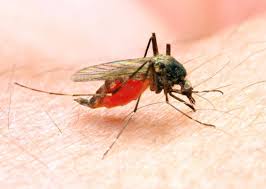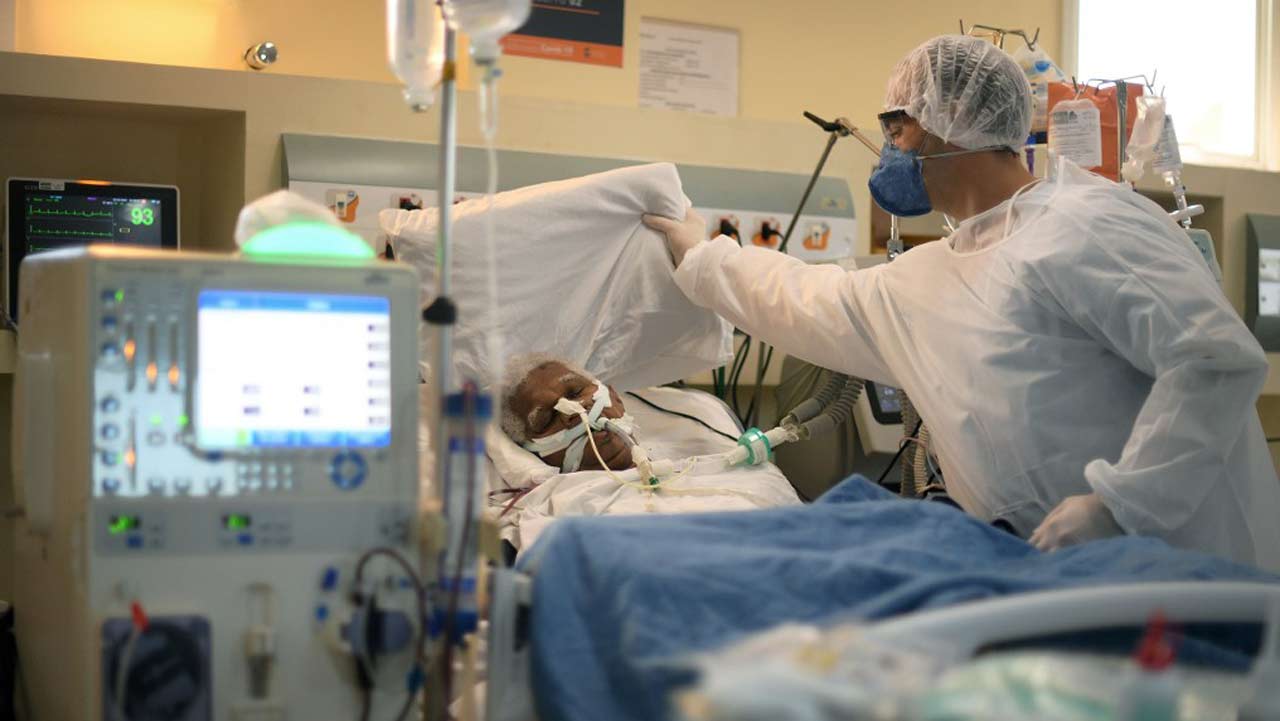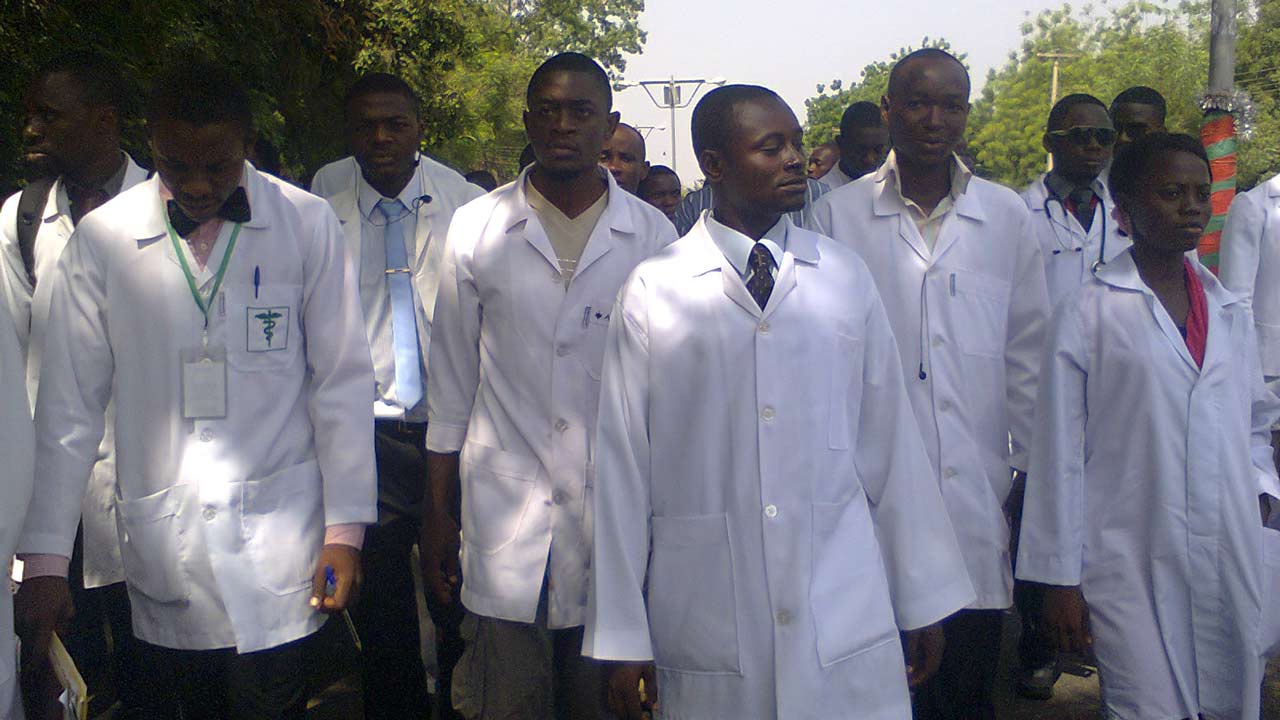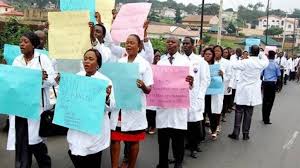Women’s contribution to healthcare constitutes nearly 5% of global wealth creation (GDP), but nearly half is unpaid and unrecognized. The total is around US $3 trillion annually, more than the US and UK governments’ total expenditure combined.
Published in The Lancet, a major new Commission analyzes the evidence on the relationships between women and health, and demonstrates that women’s distinctive contribution to society is undervalued—economically, socially, politically, and culturally.
Women, says the report, are important providers as much as recipients of health care, and that globally, their changing needs in both of these respects are not being met.
According to Professor Ana Langer, at Harvard T. H. Chan School of Public Health in Boston, USA, who co-led the commission: “Worldwide, most providers of health care are women. But the health systems to which  they contribute so much are often completely unresponsive to their needs – despite the fact that they rely heavily on their paid and unpaid contributions. Women are undervalued and unsupported by the systems in which they work, and this problem is exacerbated by inequitable access to healthcare experienced by too many women worldwide – particularly those in the most vulnerable groups.”
they contribute so much are often completely unresponsive to their needs – despite the fact that they rely heavily on their paid and unpaid contributions. Women are undervalued and unsupported by the systems in which they work, and this problem is exacerbated by inequitable access to healthcare experienced by too many women worldwide – particularly those in the most vulnerable groups.”
 they contribute so much are often completely unresponsive to their needs – despite the fact that they rely heavily on their paid and unpaid contributions. Women are undervalued and unsupported by the systems in which they work, and this problem is exacerbated by inequitable access to healthcare experienced by too many women worldwide – particularly those in the most vulnerable groups.”
they contribute so much are often completely unresponsive to their needs – despite the fact that they rely heavily on their paid and unpaid contributions. Women are undervalued and unsupported by the systems in which they work, and this problem is exacerbated by inequitable access to healthcare experienced by too many women worldwide – particularly those in the most vulnerable groups.” Midwives and Nurses form the largest global workforce in health care, and the majority of them are women. Many midwives and nurses work in unprotected environments and their scope of authority is incongruent with education and experience. All this can lead to burnout, attrition, severe shortage and affects their health, and the health of others.
“We urge the global health community and policymakers worldwide to embrace a more holistic – and realistic – understanding of women and health,” adds Professor Langer. “It’s time to acknowledge women’s comprehensive health needs throughout their lives, and their productive contributions to health care and society as a whole, as well as their similarly important roles as mothers and homemakers.”
The Commission, which brought together leading thinkers, heads of programmes, and activists from around the world, examines the complex links between biological, economic and social factors in improving women’s health throughout their lives – including the substantial effects of rapid globalisation, urbanisation, and climate change, all of which have inequitable effects on women’s health.
According to Professor Afaf Meleis from the University of Pennsylvania School of Nursing, Philadelphia, USA, who co-led the Commission with Langer, “Often urban areas are developed without any input from women, and without addressing their needs for adequate lighting, safe transportation, access to healthy food, to infrastructures that promote community connectivity, and to integrated health care, child and elderly care. This puts women at increased risk of violence, non-communicable diseases and stressful life overload, which may in turn have adverse consequences for their families.”
According to Commission co-author Dr Felicia Knaul, Director of the Harvard Global Equity Initiative, Boston, USA, who led the economic calculations, “Our findings on women’s paid and unpaid financial contributions to health worldwide only begin to explore and quantify the work of women as health professionals in the paid health care labour force, and their unpaid work to support health and prevent illness undertaken in their own homes, in the homes of others and through volunteering in the health sector. The contributions of women to health and health care are myriad, and the data to fully measure them are lacking.”
The Commission concludes with a series of recommendations, including a call to recognise the importance of timely and appropriate investments in girls and women to enhance their status, strengthen health systems, and improve health outcomes, and to ensure that development planning and financing for health is responsive to the concerns and needs of women. Among other recommendations, the authors urge women to participate at all levels of decision making in society, fostering leadership in health nationally and internationally.
The Commission report is accompanied by commentary pieces from Jim Yong Kim of the World Bank, and Melinda Gates of the Bill & Melinda Gates Foundation, and Lancet Editor-in-Chief Richard Horton.
ABUJA: Training Schedule for Basic Life Support BLS, Pediatric Advanced Life Support (PALS), Advanced Cardiovascular Life Support ACLS, First Aid, CPR, AED
PORTHARCOURT: Training Schedule for Basic Life Support BLS, Pediatric Advanced Life Support (PALS), Advanced Cardiovascular Life Support ACLS, First Aid, CPR, AED
LAGOS: Training Schedule for Basic Life Support BLS, Pediatric Advanced Life Support (PALS), Advanced Cardiovascular Life Support ACLS, First Aid, CPR, AED





